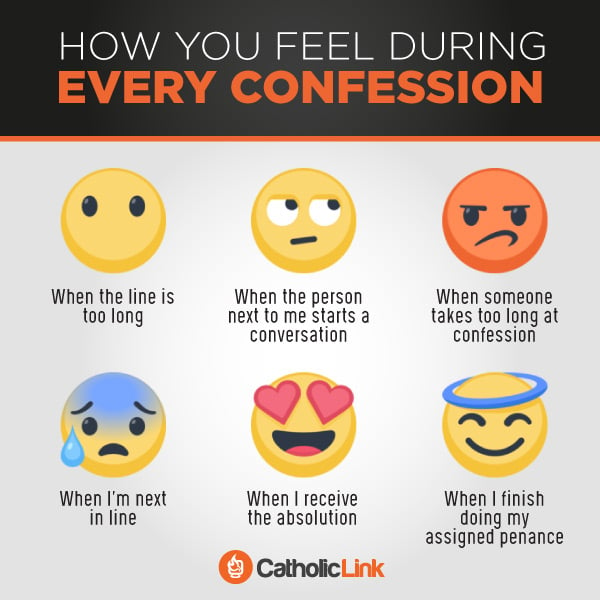There’s a certain extra potency when the radical message of the Gospel – the good news – comes from someone with a story like John Pridmore’s, a man who was once so rotten – so dead – that his rescue was truly as dramatic as a last-ditch heart defibrillation.
I will give you a new heart – Ezekiel 36:26
Two dimensions of this powerful narrative of resuscitation deserve a closer look: the human experience of Relationship and the Reality of Sacrament.
They form a pair of lenses into the meaning of life in light of the Divine reference point, God. Looking through these lenses, perhaps we can more clearly share in John Pridmore’s vision, whereby he exhorts us all to “burn for Christ and burn brightly, and never be afraid, for the darkness can never overtake the light.”
1. The Experience of Relationship
Childhood mischief led to an adult life of total vice. Pridmore was steeped and rotting in a morbid atmosphere of money, power, notoriety, girls. But amid his world of noisy crowds, cash and club music, he was in an isolation of the deadliest kind. He was rich in the worst kind of impoverishment.
Then, all of a sudden, and ostensibly out of nowhere, he was startled by the unsolicited approach of The Other:
“I became aware of a voice speaking to me in my heart.
And I knew that voice to be God”
God seeks. God approaches and proposes. Gently.
Next came Pridmore’s response. The only fitting response, once one hears the voice of the other: He stopped to listen. And it changed everything.
This sudden, organic relationship: 1) God – reaches out to man. 2) Man listens. 3) A friction results. A new idea. A small flame. Hope. Meaning:
“I ended up going on this retreat, and on that retreat I did something which I never thought I would do, I went to confession for the first time in my life. And I knew in my heart that God had forgiven me, because that sin had killed me, but that confession brought me back to life”
We also recommend:
> A 7 Step Survival Guide for Returning to Confession
> A sinner’s joy: A beautiful video about mercy and conversion
2. The Reality of Sacrament
Immediately, light was shed on Pridmore’s darkened lifestyle. He could have tried to stop there – merely acknowledging God’s presence, then repenting interiorly and attempting to reform his life by an effort of sheer human will.
But for Pridmore it was a natural and unselfconscious next step that, once having heard God’s voice in his heart, he met a priest, found himself on a retreat, and went to Confession for the first time in his life.
His testimony is not loaded with doctrine or scriptural apologetics. It is entirely personal. But he makes no separation between the relationship and the Sacrament. The two are mutually enhancing – another instance of the Catholic Both/And.
It is important not to lose sight of the matter-of-factness of the Sacramental reality of Pridmore’s confession – the first confession of his 27-year life – the moment he came back to life.
“I knew in my heart that God had forgiven me”
The words of the Rite of Absolution: Some of the most beautiful words ever uttered by man, in any language. Confession – or Reconciliation – is one of two Sacraments which the Church, in her abiding wisdom, offers to us over and over again throughout our lifetime (the other one being the Holy Eucharist). There He is for us. Waiting for our response.
Provided that we seek Reconciliation in the proper disposition of sincere contrition, there can be no doubt as to its efficacy. Ex opere operato: The Sacrament works by virtue of “the power and promise of God,”[1] Himself. In the Sacraments, a superabundance of grace exists… rocket fuel for our journey through exile, grace to sustain us through this valley of tears.
“That sin had killed me, but that confession brought me back to life”
God is, and by virtue of his infinite love, He seeks a relationship with us. We are called to respond to this Divine availability, this Divine love. Yes, God deigns to seek us in relationship!
When I stop and think about that, I am nearly overwhelmed, because it is an awesome, frightful truth. He is too bright – too hot – too glorious for me. But loving as He is, He gives me a map and a scaffold. He shows me the way to properly seek this relationship in response to His love.
It all begins with His search for Man. We respond to Him – it is right and just – by conforming ourselves to the teachings and to the Sacraments Jesus breathed into the life of His church. Through them, we too are kept alive and brought back to life, that the more brightly we might burn.
27 years without God – It was a death sentence. And I honestly believe when I lived without God it was like I was dead, but now I’m alive.
——
[1] Karl Keating, catholic.com




















